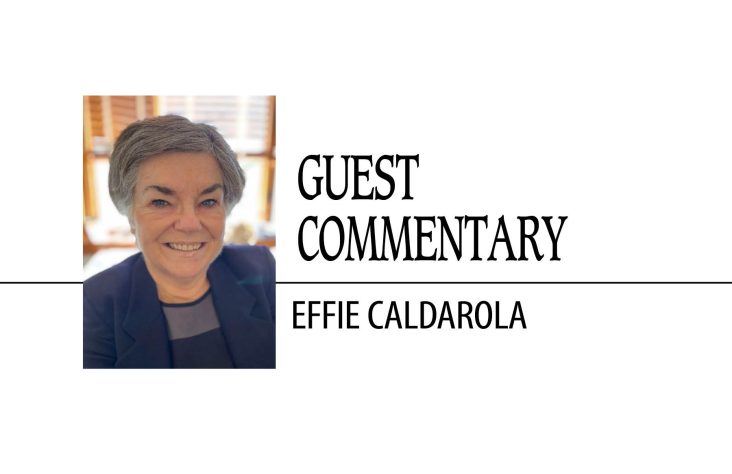February 23, 2011 // Uncategorized
Who is our master?
8th Sunday in Ordinary Time
Mt 6:24-34
For its first reading this weekend, the Church presents a rather short selection from the final part of the Book of Isaiah.
By the time this passage was written, the Jews, long trapped in exile in Babylon, had returned home. The collapse of the Babylonian empire, and the accompanying conquest of Babylonia by Persia, had enabled them to go home.
It was a bittersweet return, certainly additionally so since few of the exiles, if any, were old enough to remember the homeland. Their parents and grandparents had told them about the homeland, and in the longing to leave Babylon and rediscover pride in their own identity, likely none of these recollections was unpleasant, all exaggerated.
So, the people who returned from exile had a glowing image of the land of their ancestry. The bubble burst when they actually arrived. Things were desolate.
The prophecy had to cope with the people’s great disappointment and bewilderment. Where is God?
The reading reasserts God’s promise to protect and sustain the Chosen People.
St. Paul’s First Epistle to the Corinthians is the source of the second reading. In the first century, Corinth was Las Vegas, New York and Sin City all rolled into one. Converts to Christianity lived in Corinth, but, assuming from Paul’s two letters, they apparently forever were lured away from the Gospel.
Surely important for the Christians was the mockery of pagans, who surely teased the Christians, asking whatever made them think that living chastely and keeping the quest for material gain in check in any regard made sense.
The third reading, from St. Matthew’s Gospel, is part of a rather long discourse given by the Lord to his disciples about life. It is hardly startling. He simply says that no one can serve two masters, and true followers must choose to serve only God.
Probably no time in history, anywhere, for anyone, utterly is of any material concern. If it is not the task of making a living, or of maintaining a constant and fulfilling relationship, it is a question of health.
However, for Jews at the time of Jesus, things extraordinarily were bad. The temptation was to enter a do-eat-dog world, just to survive. Hanging over everything was the Roman occupation, with its hedonism and materialism. The temptation here was to join them if you could not beat them, and no one beat the Romans.
All this was especially disheartening for Jews. Where was God, their protector, in all this? Whatever did their status as “Chosen People” mean?
Many were tempted to answer these questions by saying that God was not there, that being God’s people meant nothing.
Jesus is quite frank in this reading. Not so much condemning the things of the world, certainly not necessities for life, Jesus instead reminds the audience that for genuine disciples only attention to God and to God’s will suffice.
God must be the only master. Jesus then reassures the disciples. They must not worry about incidentals. Be concerned about what actually is important. Judge by God’s standards, not by the world’s.
Reflection
On March 9, the Church will call us to observe Ash Wednesday and to begin Lent. Lent, this ancient season of penance and renewal so identified with the Catholic faith, is a liturgical opportunity for every believer to search her or his soul, to reform by rejecting sin, and finally to recommit to the Lord. In this will be new life, so on Easter, if they have taken advantage of Lent, Christians will experience for themselves a revival of life.
Before any spiritual undertaking in Lent can succeed, we must look at the criteria by which we judge ourselves. Who is our master? If God is not our master, we are foolish.
The best news. Delivered to your inbox.
Subscribe to our mailing list today.





